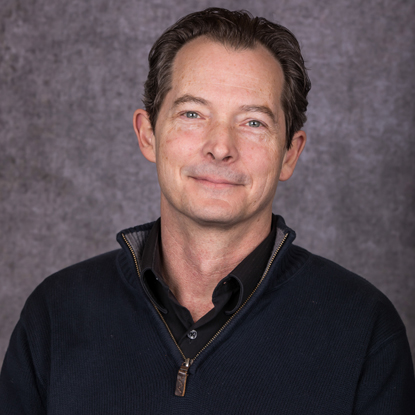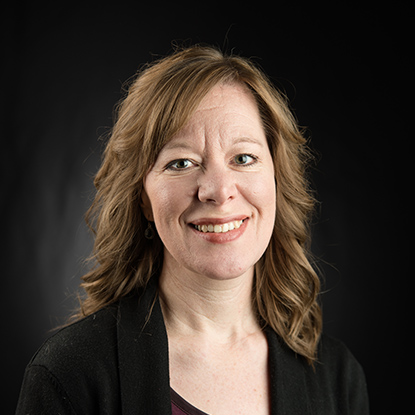Teach English on All Levels
Gonzaga’s Master of Arts in Teaching English to Speakers of Other Languages (MA TESOL) is designed for anyone who wants to learn how to teach a second language in the United States or abroad. The program concentrates on the practical skills you need to develop concrete teaching strategies.
Our program highlights the cultural aspects and insights of languages, and how to apply those insights to teach language students of all ages, with sensitivity and respect.
Program Design
Courses integrate theory and practice to build your knowledge on language and its use, the interrelationships of cultures, teaching methods and language acquisition. You will work collaboratively with faculty and classmates to explore new ideas on learning and teaching. Hands-on projects and other field-based opportunities prepare you to plan, teach, reflect, research and lead in schools and the community.
We also encourage student and faculty research and critical reflection on the form and substance of language learning and teaching. Through these projects, you could help contribute to the field’s understanding of language, the factors of communication and community building.
You will also earn your TESOL certificate upon graduation. A TESOL certificate is the credential required by most language schools in other countries. Learn more about a TESOL certificate here.
Program Highlights
- On Campus
- 2-Year Completion Time
- TESOL Certificate
- Real-World Experience Teaching in the Spokane Community
- Training to Teach Students of All Ages
- Research and Presentation Opportunities
This degree does not lead to K-12 Certification. If you are interested in becoming a K-12 teacher, please explore our Master in Teaching program.
Questions?
Contact:
Graduate Admissions
Call or Text: (866) 380-5323
Email: gradadmissions@gonzaga.edu
Schedule an Appointment




